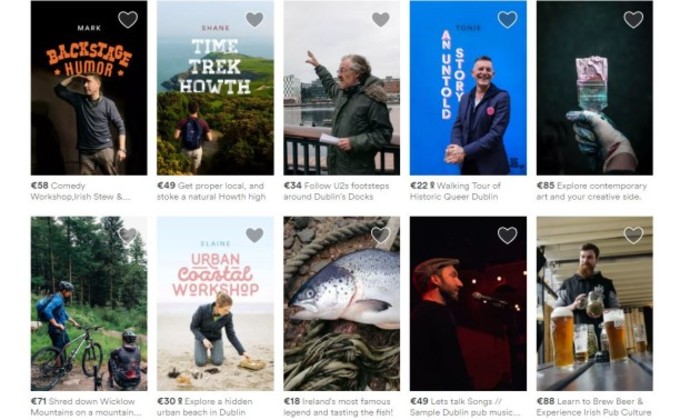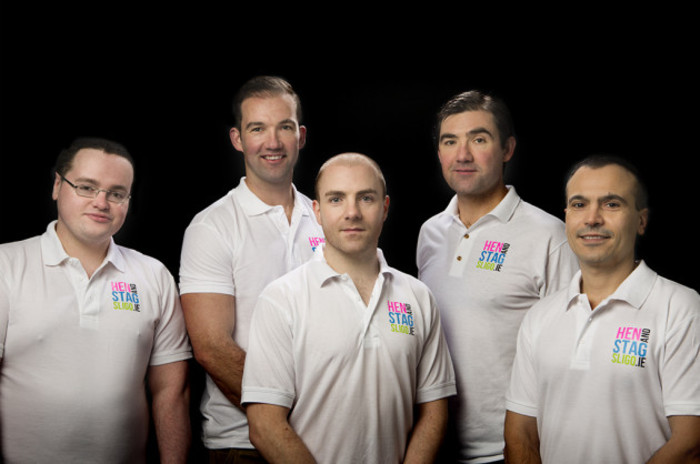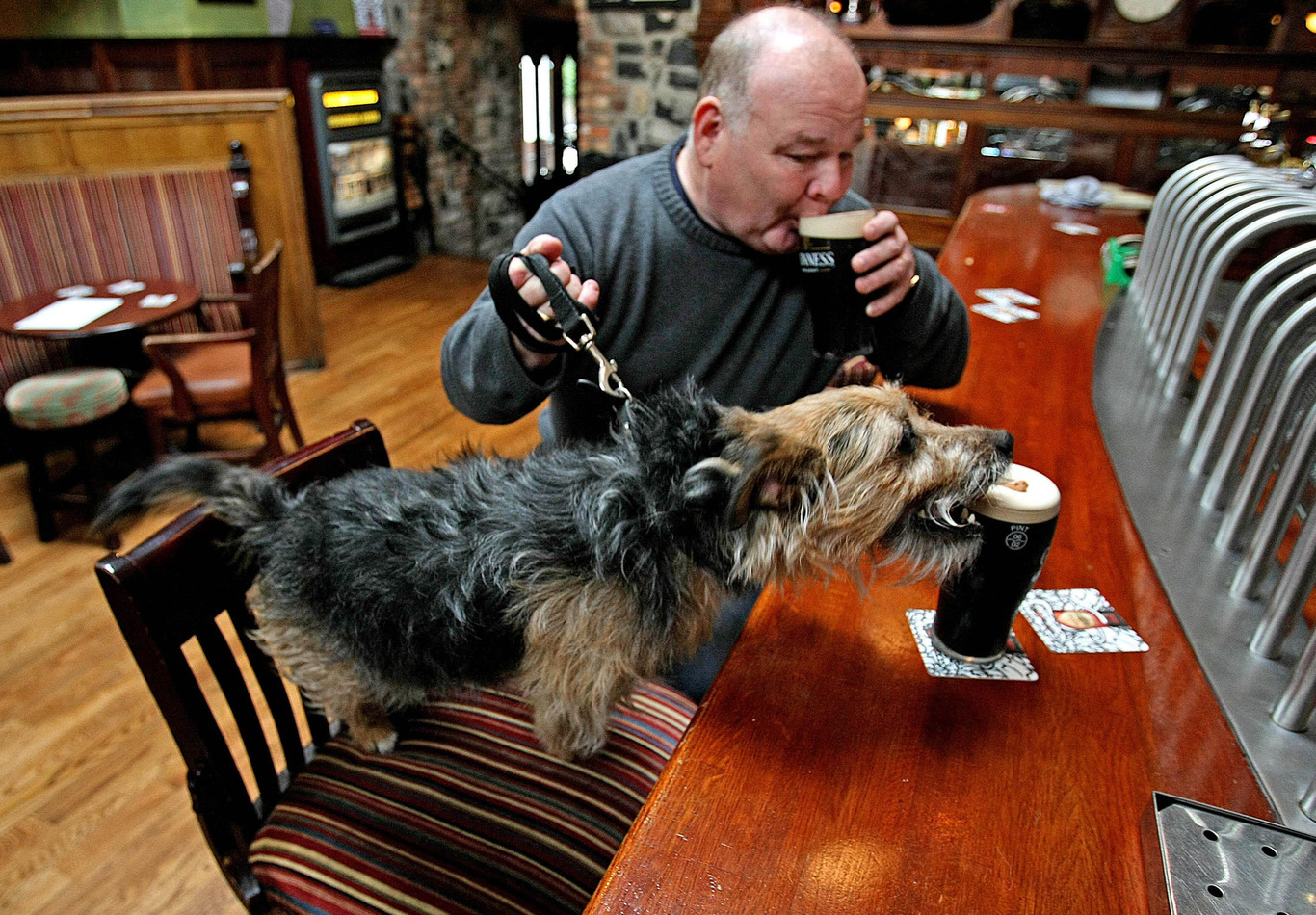Without a truly iconic tourist attraction, Ireland banks on billion-euro 'encounters with locals'
Airbnb and the like are lining up to sell punters travel ‘experiences’.
AS TRAVEL STARTUPS look to differentiate themselves from traditional tour operators, the concept of ‘experiential tourism’ has become increasingly key.
The buzzword has been embraced in marketing circles as a tool to promote activities that claim to be more unique – and social media-friendly – than the bog-standard tour package can offer.
‘Experiential’ has played an important role in shaping the brand identity of the likes of home-sharing site Airbnb.
By bunking down with ‘hosts’ instead of hoteliers, Airbnb suggests guests are given a more ‘authentic’ and ‘immersive’ experience that will take them to the lesser known corners of the city they’re visiting.
Last year, the company launched its ‘experiences’ service, which lets users book tours and activities with locals as well as accommodation.
Dublin was added to the platform last month. Some of the activities on offer include a U2-themed tour of the Docklands and a trip to the Abbey Theatre’s costume department.
 Airbnb Experiences home page
Airbnb Experiences home page
A number of young travel companies have followed Airbnb’s lead, bypassing traditional tour guides for knowledgeable natives.
For example, the French startup Tripnparty – which lets users find “unique, authentic” drinking spots through a local guide – recently went live in a handful of European cities, including Dublin.
“Our goal is to propose an authentic evening with a local,” said founder Simon Godreau at the time of the launch. “The traveller will spend a singular evening, away from the standard touristy places while the local can be enriched with intercultural encounters.”
In Ireland, party-package startup Hen and Stag Sligo differentiates itself from traditional operators with its team of on-the-ground chaperones.
They guide brides and grooms-to-be on their last night of freedom through Sligo Town, bringing them on a series of “funky activities” from nude drawing classes to cocktail-making sessions.
Hen and Stag Sligo founder Fergal Quinn told Fora that having a local guide on hand makes the experience “a bit more seamless” and “makes the group feel a bit special”.
 The Hen and Stag Sligo team
The Hen and Stag Sligo team
Traditional companies were ignoring Sligo Town in favour of Westport and Carrick-on-Shannon, which was hurting Quinn’s pub and restaurant trade.
By taking a hands-on, tailored approach with visitors and offering them more unique experiences, groups were more easily lured to Sligo Town.
“Our business is based around positive experiences,” he said. ”The more unique activities we can get on the site the better.”
Encounters with people
The uptake in ‘experiential travel’ has been good for the Irish tourism industry as a whole, according to Eoghan Corry, editor of Travel Extra trade magazine.
“The reality is Ireland’s entire tourism industry is based not on our landscape or our sun, God help us, but our people,” he told Fora.
“Our industry is so heavily based on encounters with people. That’s as experiential as you can get.”
Corry said without a truly iconic tourist attraction, Ireland has had to pitch itself as an experience- and culture-rich destination.
The issue is particular true of the country’s cities, which lack world-renowned drawcards such as major museums or monuments to rival the Eiffel Tower in Paris or Barcelona’s Gaudi-designed gems.
“People come to Dublin not because they want to see a famous art gallery like the Louvre. They come because they want to sit in pub and listen to someone playing Irish music.”
He said peer-to-peer companies like Airbnb would be “very stupid” not to try to exploit that.
It’s difficult to measure how much the ‘experiential’ market is worth because it’s not an official category that’s monitored by tourism officials.
However, a 2013 report by Fáilte Ireland suggested the activities sector alone brings in just over €1 billion a year from overseas visitors.
The marketing messages for the Wild Atlantic Way and Ireland’s Ancient East are “very much rooted in visitor experiences and experiential activity”, according to Fáilte Ireland’s head of communications Alex Connolly.
“If Ireland wants to continue to win visitors, we have to root everything we do through the visitor experience,” he said.
“You don’t want them to get out of the car and take a picture of a castle and go. You want them to want to know more, to get under the hood a bit.”
Sign up to our newsletter to receive a regular digest of Fora’s top articles delivered to your inbox.






